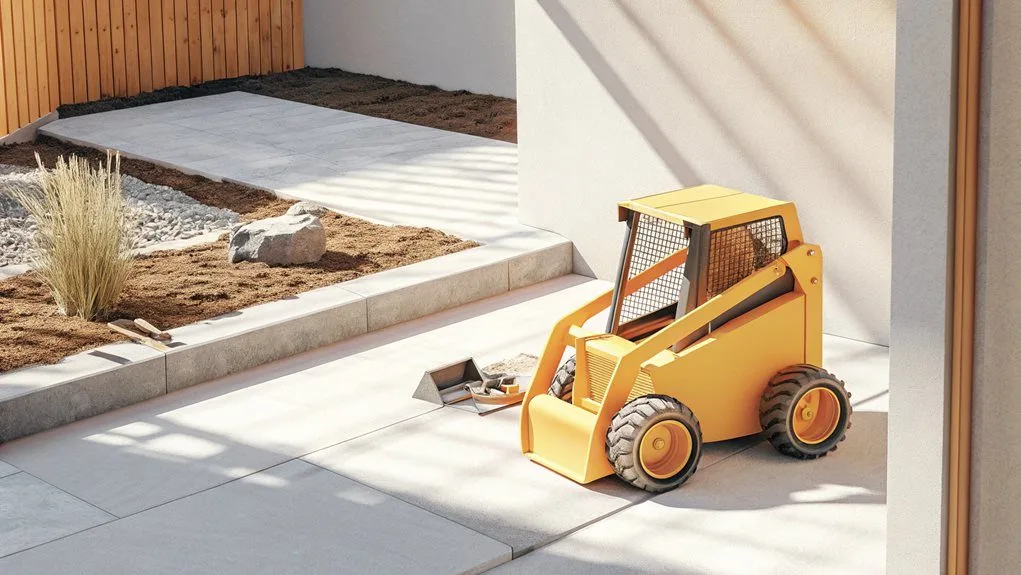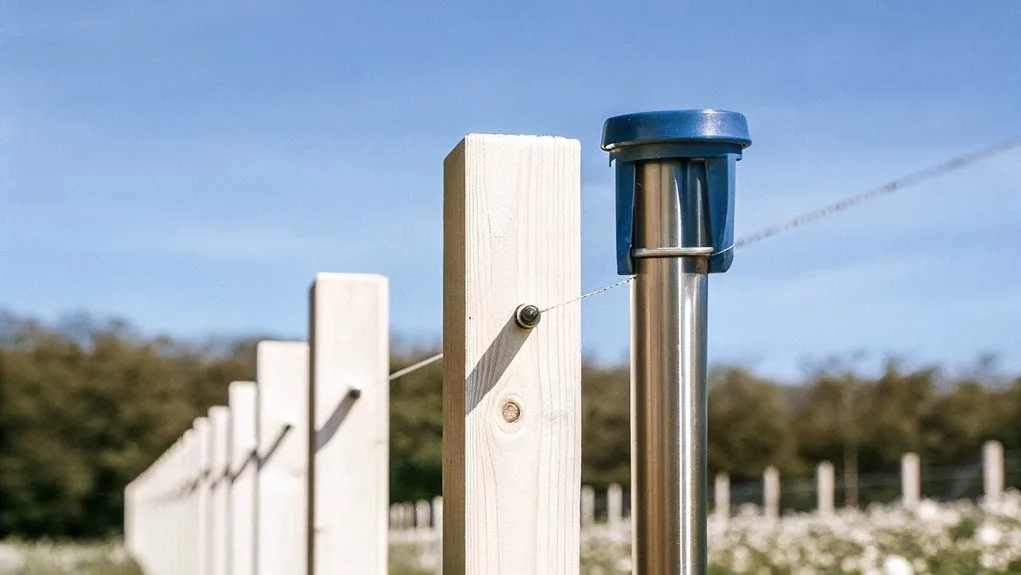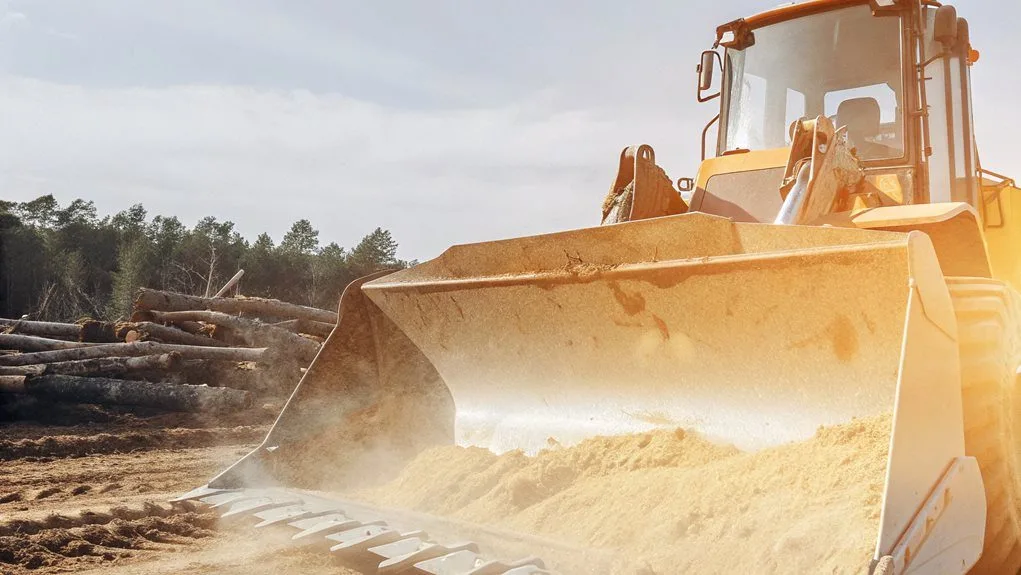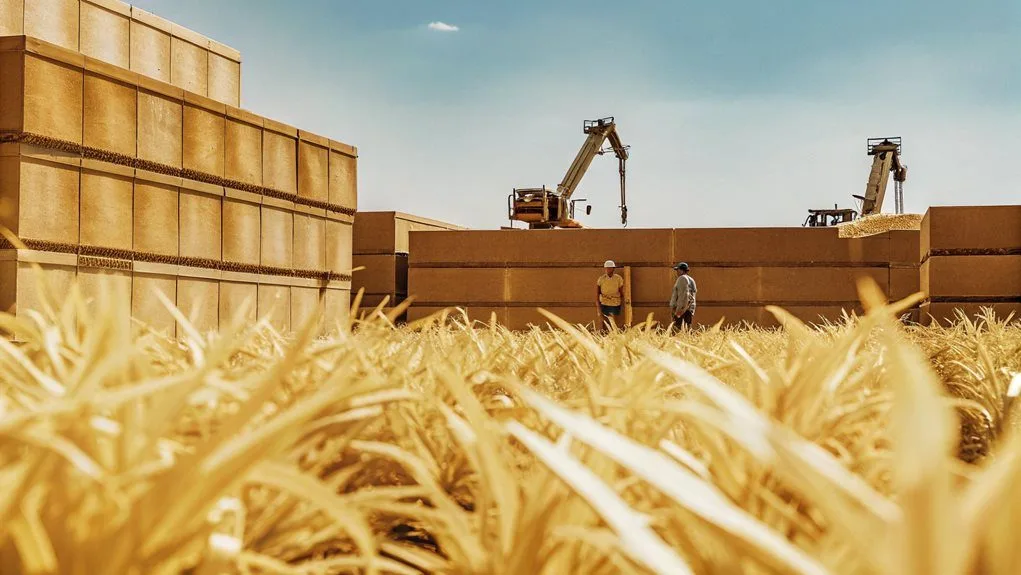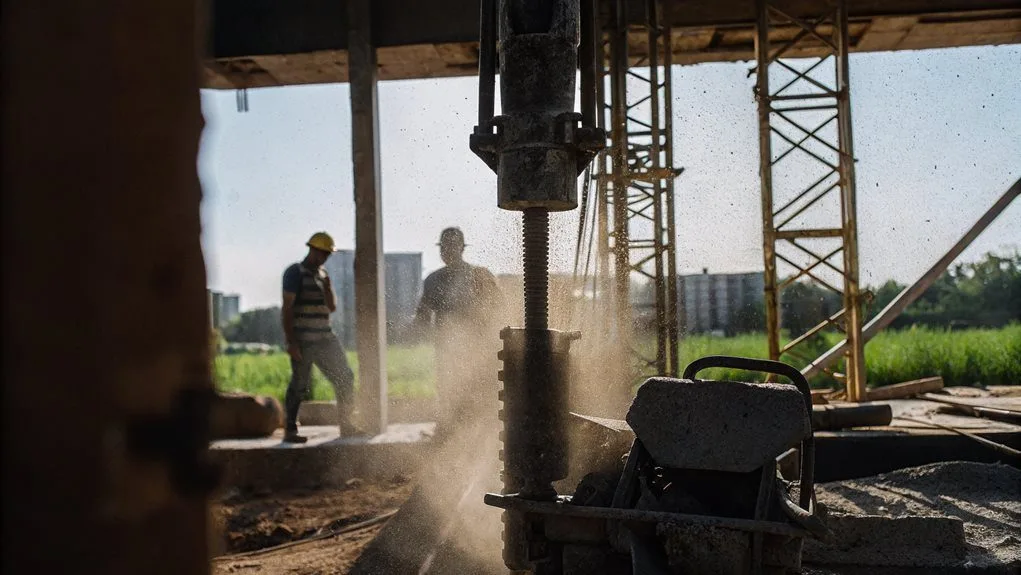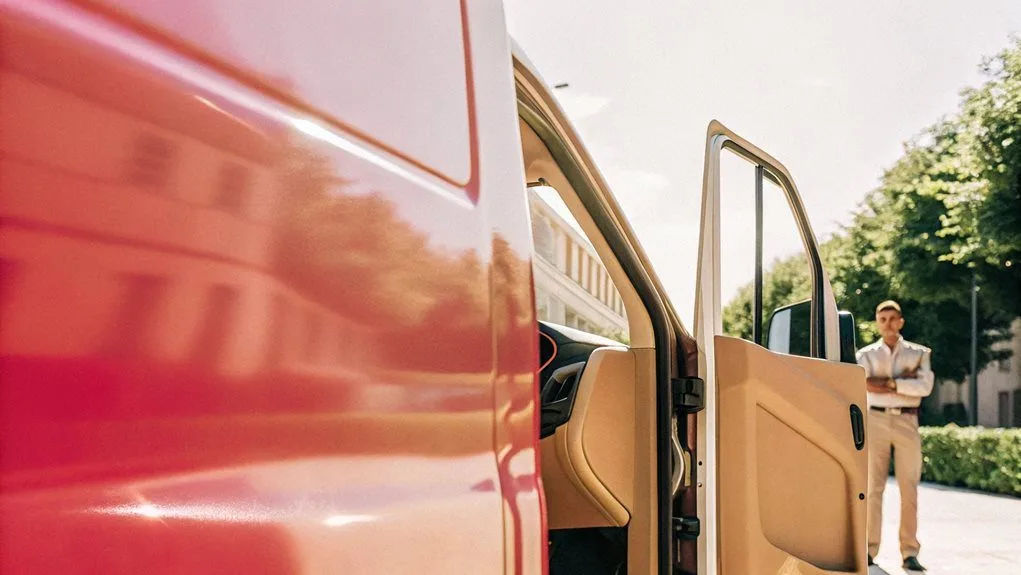Booking a loader isn’t rocket science, believe it or not. Just a few clicks and your heavy-duty buddy’s on its way to your site. You might wonder, can it really be that easy? Well, certainly! Just keep in mind that what’s available varies by region—so you might not get what you want on a whim.
If you keep going, you’ll find out the nitty-gritty on project needs and how to really nail your rental experience. Understanding your specific requirements beforehand will help ensure you get the right equipment delivered to your site without any unnecessary delays or complications.
Key Takeaways
- Booking a loader in South Africa is straightforward through various online platforms that streamline the process.
- Availability of loaders varies by region, making it essential to check local options before planning.
- Consider specific project needs, including equipment type and site conditions, to ensure the right loader is secured.
- Understanding rental terms, including daily rates and minimum hire periods, helps avoid unexpected costs.
- Engaging with reliable rental companies ensures service efficiency and aligns with project demands.
Understanding Your Project Needs
Understanding Your Project Needs
So, how do you even start working out what you need for your project? It’s not like you can just toss a dart at a list of equipment and hope for the best, right?
First, think about the scope. What’s your timeline? The type of loader can change based on that. You wouldn’t want a bulldozer when you just need something to move soil, would you? Additionally, it’s beneficial to request a quote from equipment providers to help you align your choices with your project’s requirements.
Budget matters too—let’s be realistic, how much are you willing to spend in rands?
Then there’s the site condition: hilly terrain or a flat plot? Additionally, ensuring regular preventive maintenance will help in reducing potential downtimes during your project.
Finally, don’t forget the labour—more hands may require larger machinery.
It’s all about finding the right fit so your project doesn’t turn into a construction comedy of errors!
Comparing Rental Options
So, you’re ready to compare rental options? You’ve got rental companies, equipment types, and pricing, but they all seem to throw in extra fees like it’s a fun surprise. Honestly, with so many choices and fine print to sift through, it’s enough to make you wonder if picking a loader or picking a spouse is harder! However, it’s important to remember that renting construction equipment can provide you with the flexibility needed to optimize your operations. Additionally, understanding key rental terms and benefits can help you navigate the complexities and choose the best option for your project.
Rental Company Selection
When it comes to picking a rental company, you’ve got a smorgasbord of choices—so many, it might just make your head spin.
You’ve got giants like United Rentals, boasting over R180 billion in revenue, and their homegrown cousin, Sunbelt Rentals, with tools galore.
How’s a person supposed to decide?
Do you go for the big names that promise everything or the smaller guys who might actually remember your name? Companies like Barloworld Equipment and Bell Equipment bring specialised aerial solutions, but can you trust the smaller operators for that last-minute need?
And those flexible terms? Great in theory, but can they handle your specific demands? In 2022, Custom Truck One Source achieved a remarkable revenue, showcasing that even companies from Kansas City can make a substantial impact in the equipment rental market.
Remember, with the construction industry’s reliance on equipment rental for operational efficiency, it’s vital to consider how well the company aligns with your project needs.
Let’s face it; you’ll weigh cost, convenience, and whether they make you feel like family—because who doesn’t want that?
Equipment Type Evaluation
Book a Loader: How Easy Is It to Get One on Site?
Equipment Type Evaluation (Comparing Rental Options)
Regarding choosing the right type of loader for your project, nothing sounds more exciting, right? But wait—how do you pick?
Backhoes are brilliant for those compact urban jobs, letting you dig and load without disturbing the neighbours. They come equipped with a loading bucket for handling materials efficiently on the job site.
Compact track loaders? Perfect for mud; just don’t expect them to win any races. Their rubber track system provides excellent flotation and traction on challenging terrains.
On the other hand, multi-terrain loaders can handle a little of everything—like your mate who’ll try any food.
And then there are wheel loaders, kings of big material moves, as long as you avoid the soft stuff.
So, how’s your project taking shape?
Picking the wrong one could lead to some serious regrets.
Choose wisely, and avoid being “that person” who chose a loader like a toddler picking sweets.
Pricing and Terms Comparison
Regarding hiring a loader, you’d think it’s as straightforward as ordering pizza, but oh, how wrong you’d be!
First off, daily rates can set you back anywhere from R11,430 to a jaw-dropping R54,000. Want a compact loader? That’ll be R3,600 to R7,200. If you’re looking at large models, well, those come at a premium!
Plus, longer rentals can save you a rand, but have you seen the fine print? You might need to commit to a minimum hire period. Talk about commitment issues!
And don’t forget, different regions have prices that vary more than your average tip jar! Quirky, right?
Navigating the Rental Agreement
Alright, you’re ready to sign on the dotted line, but do you really know what you’re getting into?
Rental agreements often look like they’re written in a secret code—full names, rates, and all those pesky fees can leave you scratching your head.
Key Terms Explained
When you delve into a rental agreement for a loader, you’re stepping into a world filled with legal mumbo-jumbo—fun, right?
Think about it: you’ve got duration, payment terms, and liability clauses dancing around your head.
You need the lessor and lessee clearly identified; otherwise, who’s on the hook?
Clarity is key, folks.
A well-organised contract can save you from headaches later.
Got maintenance responsibilities laid out? If not, good luck keeping the peace!
And don’t forget the ownership bit—just because you’re using it doesn’t mean it belongs to you.
You’ll also want to check for any security deposit nonsense.
If all this seems overwhelming, don’t worry—you’re definitely not alone in this rental journey!
Additional Fees Overview
So, you’re delving into the wonderful world of rental agreements, hey?
Hold on for the fun ride of additional fees.
You think you’re just hiring a loader, but surprise! Delivery and collection fees could sneak up on you.
And don’t forget about those charming fuel charges.
Yes, that’s right—using the loader might cost you extra, too.
Oh, did you cancel last minute?
Better brace yourself for a cancellation fee.
It’s like hiring seasonal drama!
And good luck with VAT—yep, that’s yours to deal with.
Just remember, equipment condition matters.
Damages? That’s a hit to your wallet.
Lease Terms for Flexible Use
Let’s be real: leasing equipment can feel like deciphering a complicated puzzle you didn’t ask to solve. You’ve got options, though! Lease terms swing from 24 to 60 months, or more.
Want flexibility? Good news! You can tweak lease durations based on your needs, so you’re not stuck with a giant piece of machinery no one’s using.
Usage-based leases let you adjust costs based on operating hours, minimising those pesky overpayments.
There’s even the option to buy at the end. Who knew leasing could be this malleable?
Want low monthly payments in rand? Go for longer terms—just don’t get attached; you might be tied to that equipment longer than you planned.
It’s a balancing act, but hey, no drama, right?
Transport and Delivery Considerations
How do you make sure your new loader arrives on time and intact?
Well, it’s not magic, that’s for sure.
Real-time tracking’s your best mate.
You’ll want technology to keep tabs on that beast, just in case it decides to take a scenic route.
Plus, route optimisation means it’s less likely to get lost than you’re at a family braai.
Don’t forget to check if your logistics provider understands safety regulations—it’s quite important, especially when moving heavy equipment.
And let’s be honest, nobody wants a missing wheel at the job site.
If you’re struggling with these intricacies, you might want to call in a third-party logistics expert.
Better safe than sorry—right?
Budgeting and Cost Management
Ever wondered how to keep your loader rental from becoming a financial black hole? It’s all in the budgeting, my friend.
Keeping your loader rental costs in check is all about smart budgeting and planning ahead.
First off, size matters. Go for a compact loader if you’re on a budget; those mid-size beasts can devour your cash.
Think about rental duration too—long-term rentals usually give you better bang for your buck.
Ever check prices during peak season? Spoiler: don’t. And don’t forget to compare rates! Because who doesn’t love a little competition?
Flexibility’s your friend; negotiate better terms if you can.
Finally, keep an eye on unexpected costs—like downtime. You didn’t plan for that? Surprise! Catching those pesky expenses early can give you a fighting chance at staying on track.
When comparing loader rental rates across South Africa, you’ll find that compact loaders typically range from R800 to R1,500 per day, whilst larger models can cost upwards of R2,500 daily.
Consider that fuel consumption varies significantly—a compact loader might use 15-20 litres per hour, whereas larger machines can consume 30-40 litres per hour.
Transport costs within South African metros like Johannesburg, Cape Town, or Durban can add R500-R1,200 to your total, depending on distance travelled in kilometres.
Conclusion
So, you think booking a loader’s a piece of cake, huh? Sure, if you enjoy sifting through rental options like it’s a selection of cereal at the grocery store. Let’s be real—budgeting isn’t always as easy as pie, either. But don’t let that freak you out! Once you get past the rental agreement fine print, it’s all smooth sailing. Just remember, you’re not alone in this circus. With the right prep, you’ll have that loader on site in no time.

